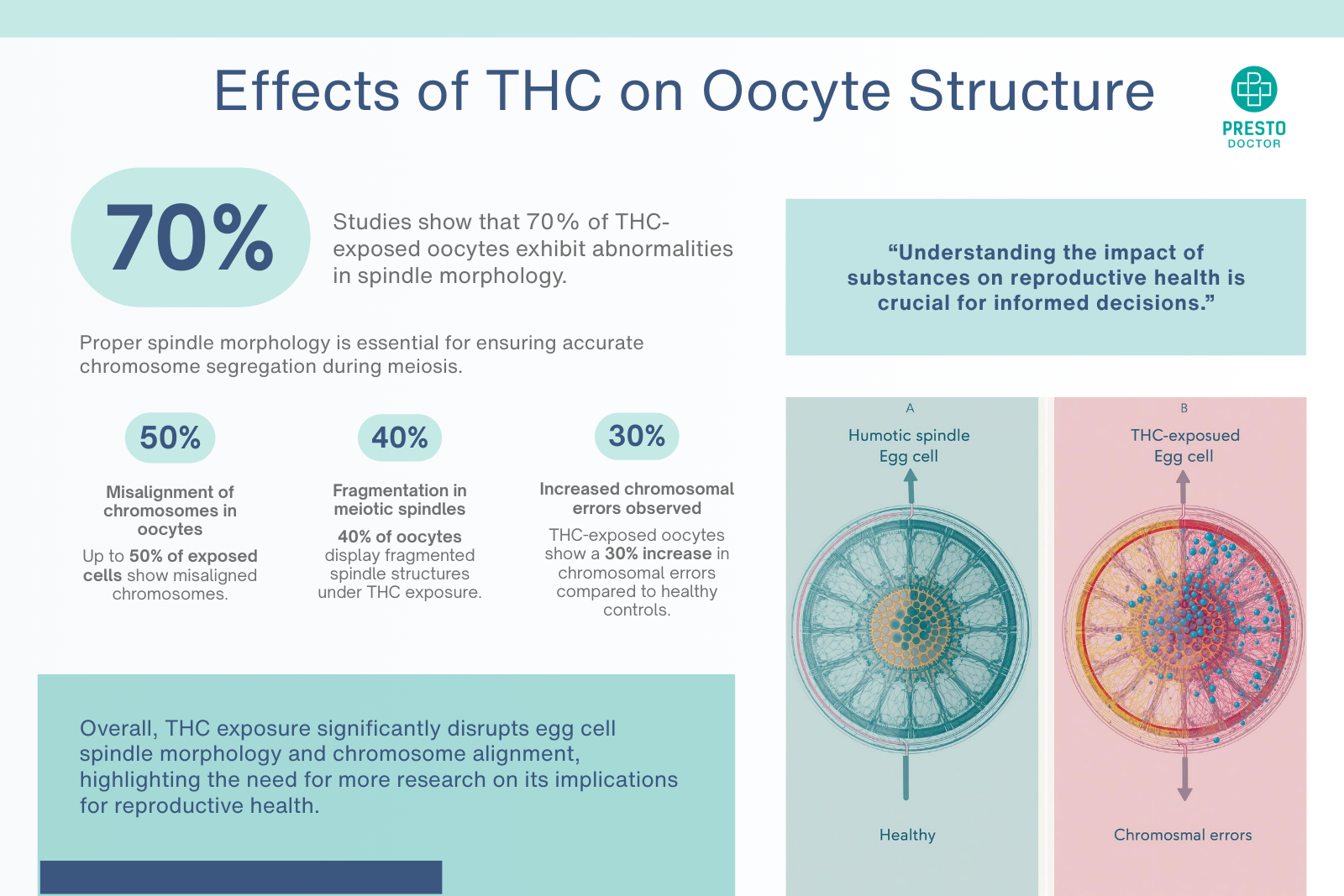
The history of Black hemp farmers in America is a story that has been largely ignored. Many people are unaware of the important role that these pioneering farmers played in the development of the hemp industry. Black hemp farmers have been growing hemp in America since the 1700s, but their contributions have been largely overshadowed by the stories of white farmers. Black farmers played a critical role in the development of the hemp industry, but their stories have gone untold. Read more to uncover the hidden history of Black hemp farmers in America and explore their contributions to this industry. From the abolitionist movement to land ownership struggles, we will explore the the legacy they have left behind.
The overlooked history of Black hemp farmers
When we think of the history of hemp farming in America, it is often not the story one would think. However, hidden within the annals of agricultural history lies a lesser-known narrative – the story of Black hemp farmers. These pioneers played a pivotal role in the cultivation and success of the hemp industry. However, their contributions are largely overshadowed and overlooked.
For centuries, Black farmers across America have toiled the land, harnessing their expertise and knowledge to cultivate hemp crops. From the early days of this nation’s history, hemp was a vital cash crop which served a myriad of purposes. This includes textiles, rope, paper, and even medicine. Black farmers were not only instrumental in growing and harvesting hemp, but they also played a crucial role in its distribution and economic impact.
Unfortunately, the historical accounts of these Black hemp farmers have been marginalized and neglected. Thus, leading to a significant gap in our understanding of the broader agricultural landscape. By shedding light on their untold stories, we can acknowledge the resilience, ingenuity, and perseverance of these farmers, who navigated the challenges of discrimination and systemic barriers to make their mark on the hemp industry.
The historical significance of hemp cultivation
The historical significance of hemp cultivation in America is a captivating and often overlooked aspect of our nation’s agricultural history. While many may associate hemp with its modern-day use in textiles, CBD products, and construction materials, few are aware of its deep roots in the African American farming community.
Dating back to the era of slavery, Black hemp farmers played a crucial role in the cultivation and production of this versatile crop. Their expertise and labor were instrumental in establishing hemp as a profitable industry in America. Despite facing immense challenges and systemic oppression, these hidden pioneers persevered and made significant contributions to the hemp industry.
During the 18th and 19th centuries, hemp was a staple crop in the southern states, particularly Virginia, Kentucky, and Tennessee. Enslaved Africans and later free Black farmers were responsible for cultivating vast hemp plantations. Their knowledge of agricultural practices, passed down through generations, allowed them to grow and harvest hemp with remarkable skill and efficiency.
The demand for hemp skyrocketed during periods of war, such as the American Revolution and the Civil War. Black hemp farmers played a vital role in meeting this demand, supplying the raw material for essential products like rope, sails, and clothing for both military and civilian use. Their contributions were often uncredited and overshadowed by larger white-owned hemp plantations of the time.
Furthermore, Black farmers faced numerous challenges in the post-slavery era. These challenges include discriminatory policies, limited access to resources and markets, and ongoing racial inequality. As a result, the once-thriving Black hemp farming community gradually dwindled, and their legacy was largely forgotten.
The early involvement of Black farmers in hemp production
America often overlooks the history of hemp production, especially the contributions of Black farmers. While hemp has a long-standing tradition in the United States, dating back centuries, the role of Black farmers in this industry has remained largely untold.
In the early years of America’s agricultural development, hemp was a crucial crop that played a significant role in the economy. Hemp had a wide range of purposes, including textiles, rope, paper, and even food products. Black farmers, who were an integral part of the agricultural landscape, played a vital role in the cultivation and production of hemp.
Despite facing numerous challenges, including systemic racism and limited access to resources, Black farmers demonstrated resilience and ingenuity in their pursuit of success in the hemp industry. They honed their skills in hemp cultivation, employing traditional farming techniques passed down through generations. Their expertise and hard work contributed to the growth and prosperity of the hemp industry.
During the era of slavery, slave owners forced many Black individuals to work on hemp plantations, subjecting them to harsh conditions. Their labor was instrumental in establishing the foundation of hemp production in America.
Even after the abolition of slavery, Black farmers continued their involvement in hemp cultivation, striving to create economic opportunities for themselves and their communities. They faced immense challenges, including discriminatory policies and limited access to markets and financing. However, their determination and resourcefulness allowed them to overcome these obstacles and make significant contributions to the hemp industry.
Challenges faced by Black hemp farmers
Black hemp farmers in America have faced numerous challenges throughout history. Despite their significant contributions to the industry, their stories remain largely untold.
One of the major challenges faced by Black hemp farmers is systemic racism. Since slavery, Black farmers faced discrimination, limited resources, and unequal treatment. This has hindered their ability to fully participate in and benefit from the hemp industry.
Access to land and capital has been another significant hurdle for Black hemp farmers. Historical disadvantages such as discriminatory lending and land loss create barriers, hindering Black farmers from acquiring resources for hemp operations. Limited land and capital perpetuate inequity, hindering Black farmers from reaching their full potential in the industry.
Furthermore, limited representation and networking opportunities have posed challenges for Black hemp farmers. Limited diversity and perspectives within the industry has created an environment where their experiences and expertise are often overlooked. This not only limits their ability to learn from and collaborate with others but also hinders their visibility and recognition.
In addition, navigating complex regulations and licensing requirements has been a struggle for Black hemp farmers. The ever-evolving legal landscape surrounding hemp cultivation can be overwhelming. This is especially true for those who lack the necessary resources and support systems. This has resulted in missed opportunities and a lack of participation in the emerging hemp market.
Systemic racism and its impact on the hemp industry
Systemic racism has had a significant impact on various industries, and the hemp industry is no exception. While hemp has a history dating back to colonial times, the story of Black hemp farmers remains untold.
During the era of slavery, hemp was cultivated by enslaved Africans and African Americans. They played a crucial role in the production and processing of hemp, contributing their expertise and labor to the industry. However, their contributions have often been overlooked or overshadowed by the dominant narratives of white farmers and entrepreneurs.
Following the abolition of slavery, Black farmers faced numerous barriers and discriminatory practices. These barriers hindered their participation in the hemp industry. From restricted access to land and credit to discriminatory regulations, Black hemp farmers were systematically marginalized and excluded from the opportunities that their white counterparts enjoyed.
The enforcement of Jim Crow laws further perpetuated the systemic racism within the hemp industry. Black farmers were subjected to racial segregation, denied access to education and resources, and faced violence and intimidation when attempting to assert their rights or challenge the status quo.
Historical injustices still have a lasting impact on the representation and economic opportunities for Black farmers in the hemp industry. Many barriers persist, making it challenging for Black farmers to access capital, secure land, and navigate the complex regulatory landscape.
Recognizing and addressing the systemic racism within the hemp industry is crucial for creating a more inclusive and equitable future. Efforts are being made to support and uplift Black farmers through initiatives that provide financial assistance, mentorship, and advocacy.
The erasure of Black hemp farmers from historical narratives
The history of hemp farming in America is often overlooked, with little acknowledgment of significant contributions made by Black farmers. This erasure of Black hemp farmers from historical narratives is a glaring oversight that needs to be rectified.
Throughout the 19th and early 20th centuries, Black farmers played a vital role in the cultivation and production of hemp. They faced immense challenges, including systemic racism, discriminatory laws, and limited access to resources. Despite these obstacles, they persevered and thrived, becoming skilled cultivators and producers of this versatile crop.
Their expertise in hemp farming was passed down through generations, with knowledge and techniques honed over decades. They developed innovative farming practices, ensuring the highest quality hemp was cultivated. These farmers understood the importance of sustainable agriculture, utilizing organic methods and maintaining the health of the soil.
However, the contributions of Black hemp farmers have largely been overlooked or intentionally omitted from historical records. As hemp became stigmatized and demonized during the early 20th century, the stories of these pioneering farmers were silenced. The dominant narrative portrayed hemp as a threat and associated it with racial stereotypes, further marginalizing Black farmers.
Recognizing and honoring the legacy of Black hemp farmers is essential to understanding the full history of hemp in America. Their stories deserve to be told and celebrated, not hidden away in the shadows of historical amnesia. By shedding light on their experiences, we can challenge the narratives that have perpetuated inequality and exclusion.
Today, as hemp increases in popularity and recognition for its benefits, it’s crucial to acknowledge the contributions of Black farmers. Their knowledge and expertise are crucual in shaping the future of the hemp industry. The future of the hemp industry must continue to work towards a more inclusive and equitable agricultural landscape.
Success stories and achievements of Black hemp farmers
The success stories and achievements of Black hemp farmers are often overlooked and overshadowed by the dominant narrative of white farmers in America. However, these hidden pioneers have played a significant role in the cultivation and development of the hemp industry.
Despite facing numerous challenges and systemic barriers, Black hemp farmers have demonstrated resilience, innovation, and a deep connection to the land. Their contributions have not only enriched the history of hemp farming but have also had a profound impact on their communities and the broader agricultural landscape.
Another inspiring achievement is the formation of cooperative farming communities by Black hemp farmers in states like Georgia and Alabama. These communities have created a support network, sharing resources, knowledge, and best practices to overcome the lack of access to capital and land ownership. Through collective efforts, they have not only sustained their own farms but have also empowered future generations to continue the legacy of hemp farming.
In addition to their agricultural accomplishments, Black hemp farmers have also been at the forefront of hemp advocacy and education. Many have taken on leadership roles in organizations dedicated to promoting sustainable farming practices and advocating for equitable policies in the hemp industry. Their voices have been crucial in addressing social and environmental justice issues that have historically marginalized Black farmers.
The resurgence of Black hemp farming in modern times
In recent years, there has been a remarkable resurgence of Black hemp farming in America. This resurgence is not only a testament to the resilience and determination of the Black community, but also a powerful reclaiming of a lost heritage.
For centuries, hemp farming was an integral part of Black agricultural practices. Black farmers cultivated and harvested hemp crops, playing a vital role from slavery to the early 20th century. However, discriminatory laws and racial injustices systematically pushed them out of the industry, largely erasing their contributions from historical narratives.
But now, in the face of changing attitudes and the growing recognition of the economic and environmental benefits of hemp, Black farmers are reclaiming their rightful place in the industry. They are not only growing hemp for its various uses, such as fiber, oil, and CBD production, but also for its potential to bring economic empowerment and social justice to their communities.
Through initiatives and organizations dedicated to supporting Black hemp farmers, these pioneers are reclaiming their agricultural heritage and building a future of prosperity and sustainability. They are not only growing hemp. They are also fostering community development, providing job opportunities, and promoting education and awareness about the benefits of hemp.
The resurgence of Black hemp farming is not just about cultivating crops, but about cultivating a sense of pride, resilience, and empowerment within the Black community. It is a powerful movement that not only honors the past but also paves the way for a more inclusive and equitable future in the hemp industry.
Celebrating the legacy and future of Black hemp farmers
The legacy of Black hemp farmers in America is a rich and often overlooked part of our country’s agricultural history. These hidden pioneers played a significant role in cultivating and harvesting hemp, contributing to the economic growth of their communities and the nation as a whole.
Despite facing numerous challenges and injustices, Black farmers persevered through adversity and demonstrated remarkable resilience. They skillfully cultivated hemp, a versatile crop with a wide range of industrial and medicinal applications. Additionally, they created a legacy that deserves to be celebrated.
Today, as the hemp industry experiences a resurgence, it is crucial that we recognize and honor the contributions of Black hemp farmers past and present. To celebrate the legacy and future of Black hemp farmers, it is important to support and uplift their voices in the industry. It is crucial to ensure that Black farmers have an equal chance to thrive in the hemp sector, helping to create a more inclusive and equitable industry.
Furthermore, consumers play a crucial role in celebrating the legacy of Black hemp farmers by supporting Black-owned hemp businesses. By purchasing products from these farmers, we contribute to their success and help to amplify their presence in the market.
In conclusion, the untold story of Black hemp farmers in America is a testament to their resilience, ingenuity, and enduring legacy. By celebrating their contributions and supporting their future endeavors, we can create a more inclusive and equitable hemp industry that honors their invaluable contributions to our nation’s agricultural heritage.






